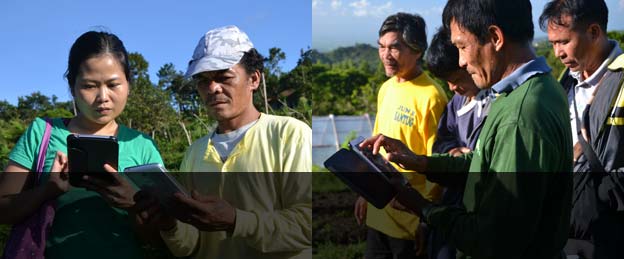Full issue 14
Sustainable development goals (SDGs) cannot be achieved without human resource development (HRD) combined with capacity building for communities. The 2030 Agenda for Sustainable Development, adopted by United Nations members in 2015, highlights the need for protection, peace and prosperity for all ‘actants’ on the planet. It calls for an end to poverty and all deprivations by developing sustainable strategies to ensure food, shelter, financial independence, health, education and freedom are available to all. However, these goals cannot be achieved without preserving the planet’s eco-systems and mitigating for climate change. Technical and Vocational Education and Training (TVET), both formal and non-formal, is one of the key vehicles for supporting HRD for the purposes of individual and collective well-being. From this perspective, TVET can become a catalyst for the social and economic transformation of communities and economies for the purposes of achieving SDGs targets.

Assoc. Prof. Dr.Margarita Pavlova
Director, UNESCO-UNEVOC Centre (Hong Kong)
The Education University of Hong Kong
UNESCO UNEVOC Centre
China
Issue 6
Field of expertise/main research projects:
Margarita Pavlova is a member of the Department of International Education and Lifelong Learning at the Hong Kong Institute of Education. Dr Pavlova served as the Director of the UNESCO-UNEVOC Centre at Griffith University for six years and she continues with this role at the Hong Kong Institute of Education. Margarita has rich international work experience in education across a variety of contexts (Europe, Asia, USA and Australia). Her research focus is concerned with policy, planning and curriculum development in vocational education at both national and international levels. She is internationally recognized for her work. Margarita’s current research and development projects are in the area of education for sustainability, development and green skills. She has published widely in the fields of her expertise and currently serves on the editorial board of the International Journal of Vocational Education and Training and on the editorial advisory boards of two book series published by Springer.



